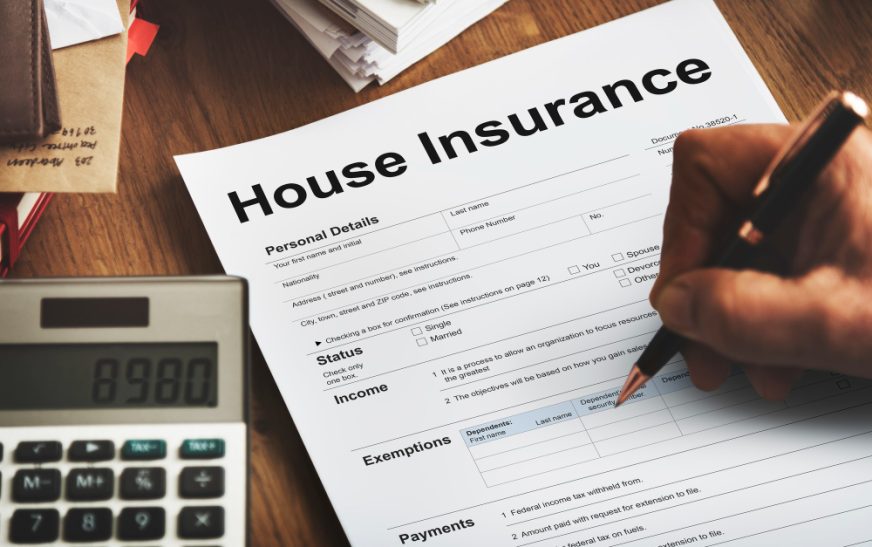Securing a personal loan can be a lifesaver, offering financial flexibility for various needs. However, understanding the factors impacting your interest rate is crucial to ensure optimal borrowing. This comprehensive guide will delve into the key aspects influencing your personal loan interest rates, empowering you to make informed decisions.
I. Building Trust: Your Credit History and Score
Credit Score: Undoubtedly the most significant factor, your credit score reflects your past borrowing and repayment behavior. A high score (typically above 750) signifies responsible credit management, making you a more attractive borrower and potentially leading to lower interest rates. Conversely, a lower score indicates higher risk, resulting in potentially higher interest rates or even loan rejection.
Repayment History: Lenders meticulously examine your past loan repayment history to assess your reliability. Consistent on-time payments across different credit products like credit cards or previous loans build a positive credit history, potentially granting you lower interest rates. Conversely, late payments or defaults negatively impact your creditworthiness, potentially leading to higher interest rates or loan denials.
II. Financial Stability: Income and Debt
Income Level: Your monthly income significantly influences your ability to repay a loan. A higher income demonstrates greater affordability, reassuring lenders and potentially qualifying you for lower interest rates. Conversely, a lower income might raise concerns about repayment capacity, potentially leading to higher interest rates or smaller loan amounts.
Debt-to-Income Ratio (DTI): This critical metric gauges your existing debt burden relative to your income. It is calculated by dividing your total monthly debt obligations (including rent, car payments, and other loans) by your gross monthly income. A lower DTI (ideally below 36%) indicates a greater capacity to manage additional debt, potentially leading to lower interest rates. Conversely, a higher DTI raises concerns about your ability to manage new debt, potentially leading to higher interest rates or loan denials.
III. The Loan Itself: Amount, Tenure, and Purpose
Loan Amount: Generally, smaller loan amounts are offered at lower interest rates compared to larger loans due to the perceived lower risk for the lender. This stems from the easier manageability of smaller loans, potentially leading to lower interest rates.
Loan Tenure: Shorter loan terms (typically 1-3 years) are often associated with lower interest rates compared to longer terms (5-7 years). This is because shorter terms translate to faster repayment and reduced risk for the lender, potentially leading to lower interest rates.
Loan Purpose: The intended use of the loan can sometimes influence the interest rate. For example, loans dedicated to education or medical needs might be offered at lower interest rates compared to personal loans for discretionary purposes, reflecting the lender’s assessment of risk and potential societal benefit.
IV. External Factors: Market Conditions and Lender Relations
Economic Climate and Interest Rates: Broader economic factors like inflation and prevailing interest rates can influence your personal loan’s interest rate. During periods of higher inflation, lenders might raise interest rates to maintain profitability, potentially impacting your loan offer. Conversely, during periods of lower interest rates, you might benefit from lower borrowing costs.
Lender Relations: Maintaining a good relationship with your primary bank or financial institution can be advantageous. Existing customers with a positive banking history might be offered preferential interest rates on personal loans compared to new customers.
V. Beyond the Basics: Additional Considerations
Employer Reputation: While not the most significant factor, being employed by a well-established organization can sometimes positively influence your application. Lenders might perceive employment stability as a positive indicator of your ability to repay the loan.
Collateral: While uncommon for personal loans, some lenders might offer secured personal loans, where you provide collateral like a car or property. Offering collateral can potentially improve your loan approval chances and potentially lead to lower interest rates due to the reduced risk for the lender.
VI. Empowering Yourself: Strategies for a Favorable Interest Rate
- Maintain a good credit score: Regularly monitor your credit report and address any errors promptly. Practice responsible borrowing and make timely payments on all your credit obligations.
- Improve your DTI: Pay down existing debts strategically to reduce your overall debt burden and improve your DTI ratio.
- Shop around and compare: Don’t settle for the first offer. Compare interest rates and terms from different lenders to find the most competitive option.
- Negotiate: Don’t be afraid to negotiate the interest rate with the lender, especially if you have a strong credit history and stable finances.
By understanding the factors affecting your personal loan interest rates and employing these strategies, you can make informed decisions, potentially secure a loan with a favorable interest rate, and optimize your borrowing experience.


















